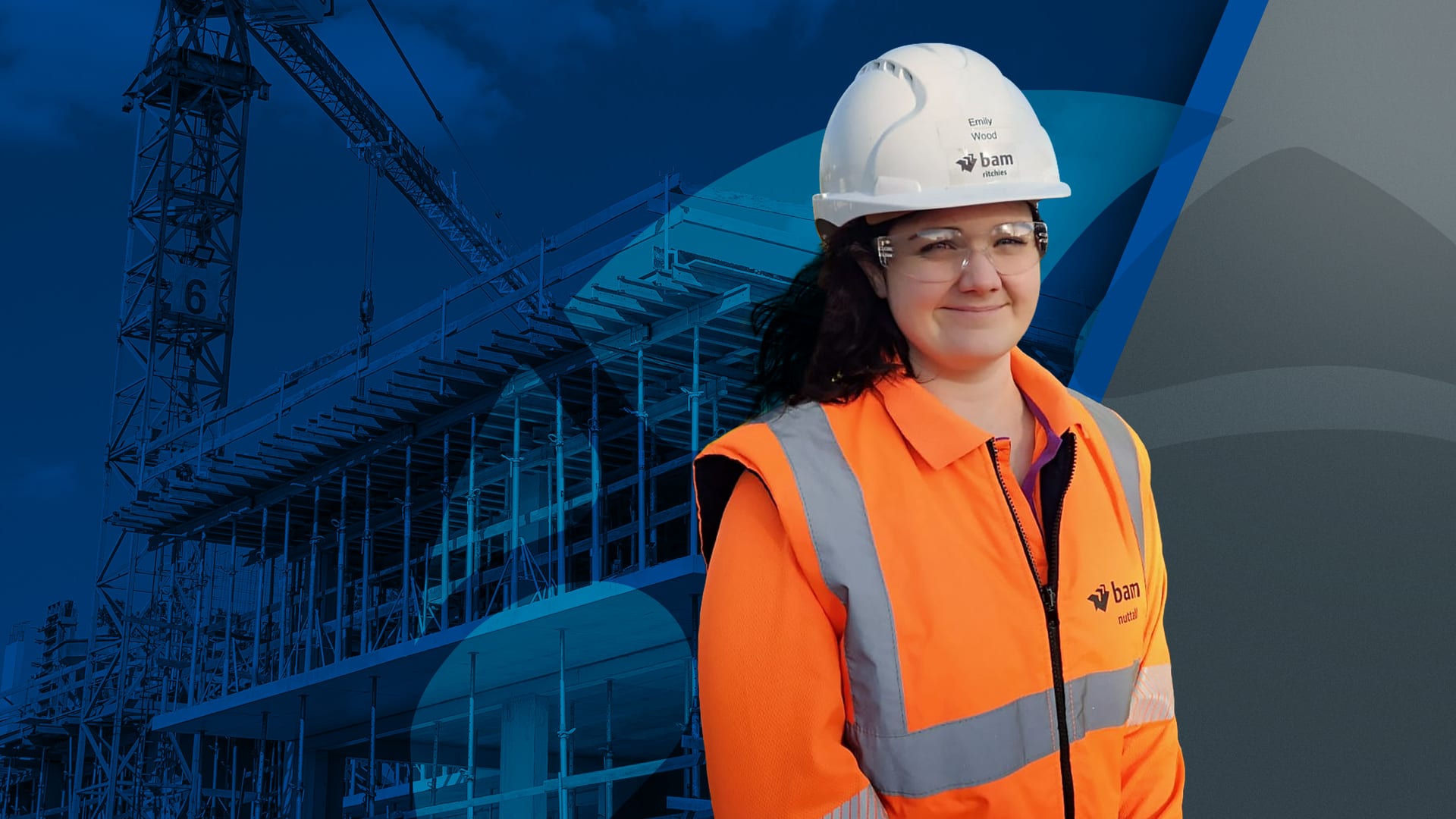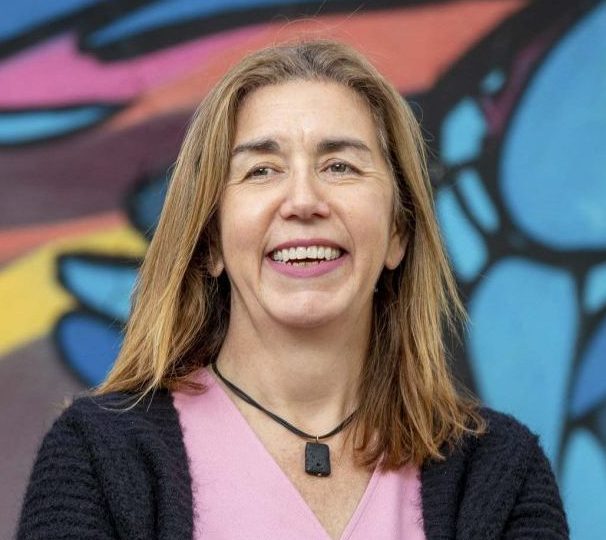Help us improve your experience. See content that is made for you!
See how IBM increased their efficiency by up to 30%!

Help us improve your experience. See content that is made for you!
See how IBM increased their efficiency by up to 30%!


Data collection and analysis play a critical role in all construction projects. For Infrastructure projects, such as roads and railway projects, capturing and analysing the right data is essential to ensuring public safety. Accurate geotechnical information and environmental data ensure that the construction conditions are stable. Without the right data, the ground conditions could cause roads and rails to subside, crack, buckle, and ultimately fail.
Civil engineers like Emily Wood are increasingly reliant upon data collection technologies that gather and analyse information collected on site. Emily is an Engineering Manager with BAM Ritchies, a division of BAM Nuttall, and a subsidiary of the Dutch Royal BAM Group. BAM Ritchies is an award winning geotechnical company that provides design and construction services for a variety of public and private sector entities. In today's Behind the Build, you'll learn more about how Emily is contributing to the digitisation of the field of civil engineering, and what makes her work so rewarding.
I'm a geologist at heart. In school, I excelled at geography, math, and other sciences, so a career in geotechnical engineering just made sense. It's a profession that can take multiple forms. Some geotechnical engineers work in the mining industry, some in tunneling, and others in infrastructure.
I went to mining school and specialised in geotechnical engineering. I studied at a university in The Netherlands, and then went to Hong Kong to work on a tunneling project. I made the move back to the UK and researched BAM, which I knew from my experience in The Netherlands, and then BAM Ritchies, because it's the geotechnical division. The rest just came naturally.
I love construction as it’s an industry that looks for solutions. I can see the solutions being built in front of me, and that's really rewarding.
At the moment, we've got a few projects to work on, including rail Infrastructure across London, supporting BAM Nuttall on ground condition stabilisation. We're capturing that data on iPads to combine all of our investigation data together, and then we submit it to the client. We collect a lot of data, as no two locations’ geotechnical data or make up is the same.
Every day, and on every project, there is something new to do or learn – it’s never the day I’ve planned. It's also quite exciting to be part of an industry where you are fixing problems rather than creating them, and that's something to be proud of.
Also, the professional relationships are rewarding. There's a lot of breadth of experience among my team. Some people are brand new to the industry, and our company, and they bring lots of new ideas with them, which combined with the depth of experience within our team brings new innovations for our clients. Everyone on our team has the passion and drive to find solutions.
BAM offers a unique reverse mentoring program that pairs newer employees with more experienced employees so they can exchange knowledge and skills. Often the newest members of the team have a plethora of computer and technology skills that can be valuable on the job. In the reverse mentoring situation, the more senior managers develop their technology skills to make them even more valuable to the company, while the new members of the team develop important relationships with their senior partners.
I was awarded a BAM Digital Construction 2019 award as an individual for my contributions to digital construction. Originally when digital construction gained traction at BAM, I was immediately interested. This was six years ago or so, about two years after I joined BAM. I was able to do online design, and started to learn how to use various software. I started rolling out BIM 360 to the site team and they started using iPads to collect data.
The initiative was successful. BAM Ritchies wanted a way to bring digital to the site teams who were actually doing the drilling and work in the field. Systems were put in place so they could create the data for the project. We broke down barriers that allowed us to move forward with BIM 360 implementation.
Previously, there were a lot of inefficiencies within our systems. We knew that digital technology helped us work faster, collect higher quality data, and do our jobs better. I was also involved in some mining projects that required us to act fast and devise solutions quickly, using technology. The discovery of new tools and self-learning to develop my knowledge happened organically. With mobile technology onsite, we can capture the correct information and without having to duplicate the work when you're back in the office.
Construction technology allows you to have more time to actually look at the data that you're collecting and analyse it. That extra time enables you to come up with better solutions, because you're not just double handling data all day. Ultimately, technology has allowed it so that you can go out on site more.
Engineers should actually be in the thick of it more often to review data on site rather than from behind the computer. Sounds ironic maybe, but the reality is if the model's already there, they should use it out on the site. That’s made possible when data and technology are portable.
3D software. The world is 3D. It's important to have software that can present that accurate representation of the world around us. Without 3D software, my job would be very different. I'm always doing what I can to stay up to date on technologies and learn more software. The more I learn new software, the better I can perform at my job.

May we collect and use your data?
Learn more about the Third Party Services we use and our Privacy Statement.May we collect and use your data to tailor your experience?
Explore the benefits of a customized experience by managing your privacy settings for this site or visit our Privacy Statement to learn more about your options.